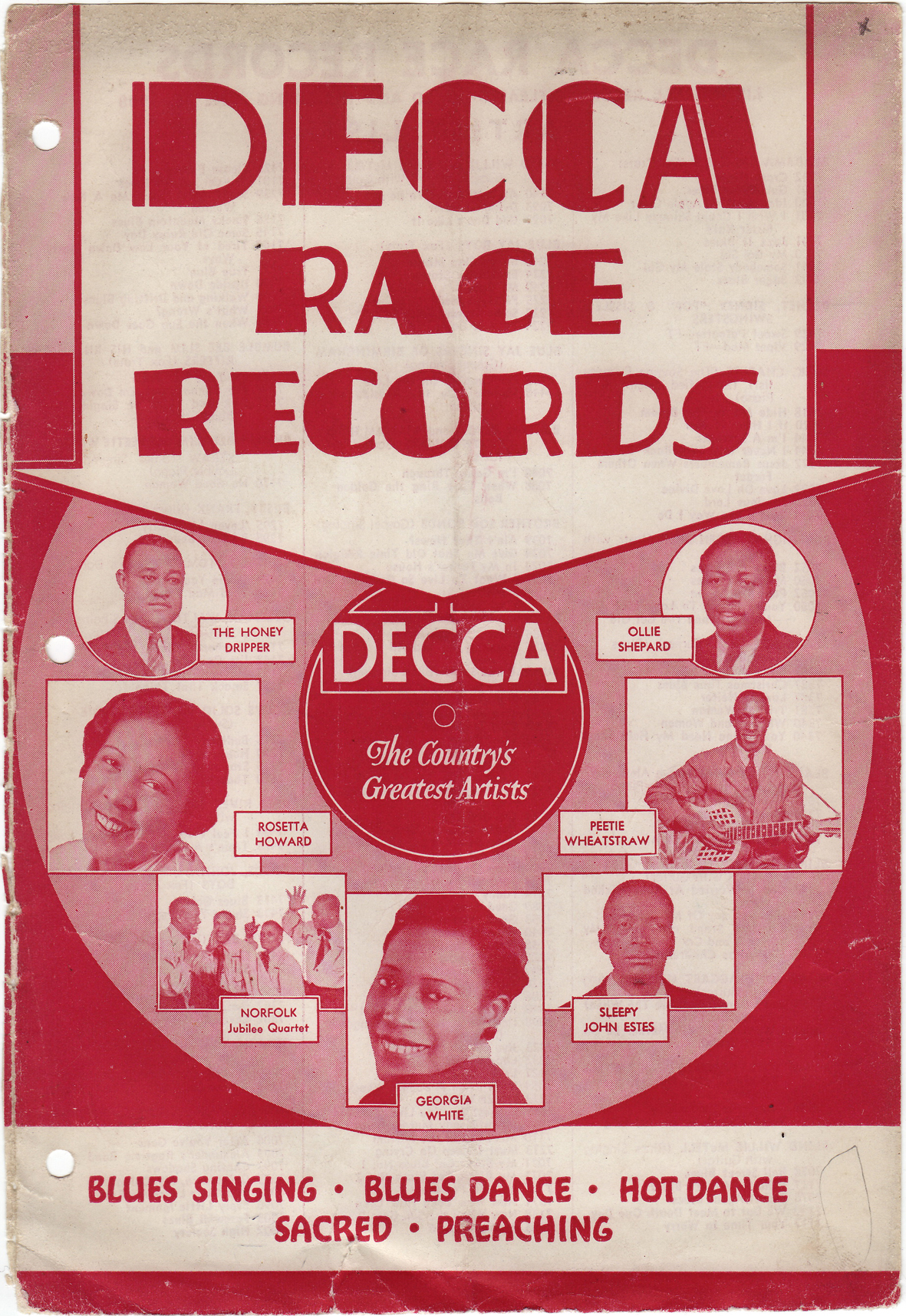Music is a part of black history, and it is important to know that history.
In the 1920s Big Bill Broonzy found his gift for music. Like many, he was a sharecropper turned soldier, a man who attempted to escape the racism of society. But as a popular black musician in the ’20s and segregation at an all-time high, selling his music was deemed impossible. This is how race records were created.
As impossible as it may seem black musicians had a difficult time marketing their music. Race records were created as an easier way to market to African Americans. As many known black musicians were known for their blues, jazz, and gospel music. And it was popular.
Yet, as their music was sold. There were no royalties.
In a time where white people did not care for black music, white people tended to not care about the creativity the black community had. “Race” media was just that, a place where a creative minority was finally able to express themselves within their community. And even now when they are able to sell their music and sell thousands, the white community had no interest.
So How Did Race Records Change

While there weren’t many record companies, Okeh records were convinced to record blues singer Mamie Smith. With marketing techniques and two songs professionally recorded, 75,000 records were sold to white people. Since then, Mamie Smith continued to record the music which grew from 75-100,000 copies.
Because of its ever-growing popularity, the remaining record companies decided to also create “race records.” This allowed other black artists a chance to pitch and record a hope to grow, while still underpaid it was a chance to creativity. And for white companies, it was a chance to grow financially.
Companies began to exploit their artists, keeping the rights and never publishing began to be an issue for black artists. Names were also changed as pseudonyms or not added at all, which affected their careers. Many were never signed onto contracts which affected pay and excluded them from awards like the ASCAP.
And now in the year 2021, some things tend to not change. Black musicians still suffer and still demand change. From waiting to publish their music by their own companies to companies holding onto their royalties, black musicians continue to struggle as they reach success. You can read some of that fight here.
While “race records” got rebranded and rhythm and blues, it is a part of history that cannot be forgotten. A reminder of history, a creative explosion filled with the exploitation of the black community.
If you want to read a more in-depth look into this history you can click here.




